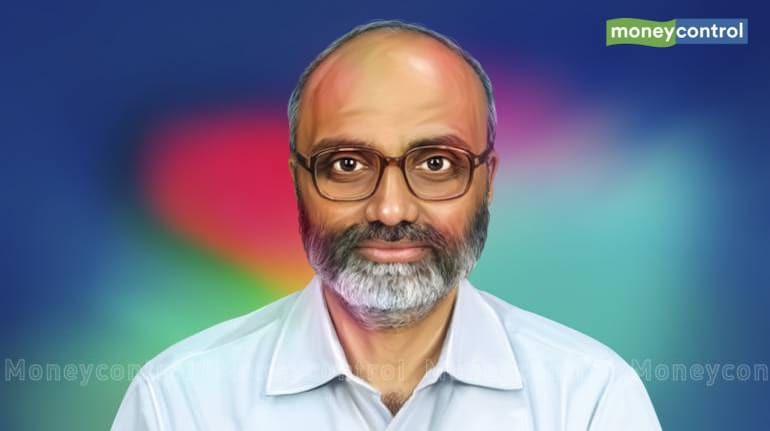



Jayanth R Varma, one of the external members of the Reserve Bank of India’s six-member Monetary Policy Committee (MPC) Committee, has dissented against the majority view on policy rate approach for long.
For long, Varma has spoken emphatically on a variety of crucial issues, including risks to MPC’s credibility arising out of inaccurate policy guidance and the danger to nascent economic growth revival from consecutive back-to-back rate hikes.
In the February round of the monetary policy, Varma argued that the 25 basis points (bps) rate hike announced by the panel was unwarranted in the context of diminished inflationary expectations and heightened growth concerns.
Varma, a Professor of Finance at the Indian Institute of Management, Ahmedabad, further argued that a repo rate of 6.50 percent very likely overshoots the policy rate needed to achieve price stability and further tightening was not desirable. He voted against the resolution to increase the policy repo rate to 6.50 percent.
In an exclusive interview with Moneycontrol on February 24, Varma also spoke on a range of other issues such as threats emerging from the global markets, including from the Russia-Ukraine war, and about being the minority voice in the MPC.
Edited excerpts:How damaging will another rate hike be for the Indian economy?In my view, growth is very fragile and every rate hike adds to that fragility. Rising rates make private capital investment more difficult. Every rise in EMI payments puts more pressure on household budgets and dampens spending. There is no other source of demand to take up the slack because the government is in fiscal consolidation mode and exports are facing headwinds from global factors.
You said the 6.5 percent repo rate is good enough to defend inflation. How did you arrive at that level?The real repo rate based on projected inflation a few quarters ahead is around 1 percent. At a time when inflationary pressures are dissipating and growth concerns are rising, higher real rates would not be desirable.
Your arguments have ended up as a minority voice, with no takers in the panel. Is it frustrating as an academic?Not at all. I approach these deliberations with a great deal of humility and a deep consciousness of fallibility. It is important for each member to make an independent assessment of the situation and vote accordingly. The MPC is quite rightly designed on the principle of voting and not on consensus. Disagreement and dissent are healthy and desirable.
I think that it would be a conflict of interest for me as an MPC member to express a view on this. The MPC is entrusted with the mandate of meeting the inflation target and it should have no role in the setting of that target.
There are rules. But given a chance, will you be comfortable to take up another term at the MPC?The law is clear that each MPC member has a single non-renewable term and this is an integral part of the design of an independent MPC. The MPC needs to be periodically refreshed with new perspectives and new approaches to prevent its ossification.
Are rate cuts in the vicinity? If yes, by when?Rates will have to be held high till inflation is projected to come down to target. Under current projections, that is some distance away.
How critical is the global scenario at this point? The Russia-Ukraine war remains a worry...I see global inflationary pressures dissipating in the months ahead as the supply shocks from the pandemic and from the war gradually resolve themselves. It has been repeatedly demonstrated that long-run supply and demand elasticities are much higher than short-run elasticities. This means that even as the war drags on, its inflationary effects continue to diminish.
However, inflation in the US is running at three times their target, while Indian inflation is only around one and a half times our target. The US economy is also witnessing robust growth. It is therefore natural to expect the US to remain in tightening mode for longer than India.
What do you worry more about—inflation or deflation?I do not think there is any danger of deflation or even recession. The risks are high inflation and disappointing growth. Given our demographics and income level, we need high growth to meet the aspirations of our growing workforce, and the fear is that we may fall short of that. In the last couple of quarters, the balance of risks has shifted towards growth and that is why I recommended a pause.
Discover the latest Business News, Sensex, and Nifty updates. Obtain Personal Finance insights, tax queries, and expert opinions on Moneycontrol or download the Moneycontrol App to stay updated!
Find the best of Al News in one place, specially curated for you every weekend.
Stay on top of the latest tech trends and biggest startup news.